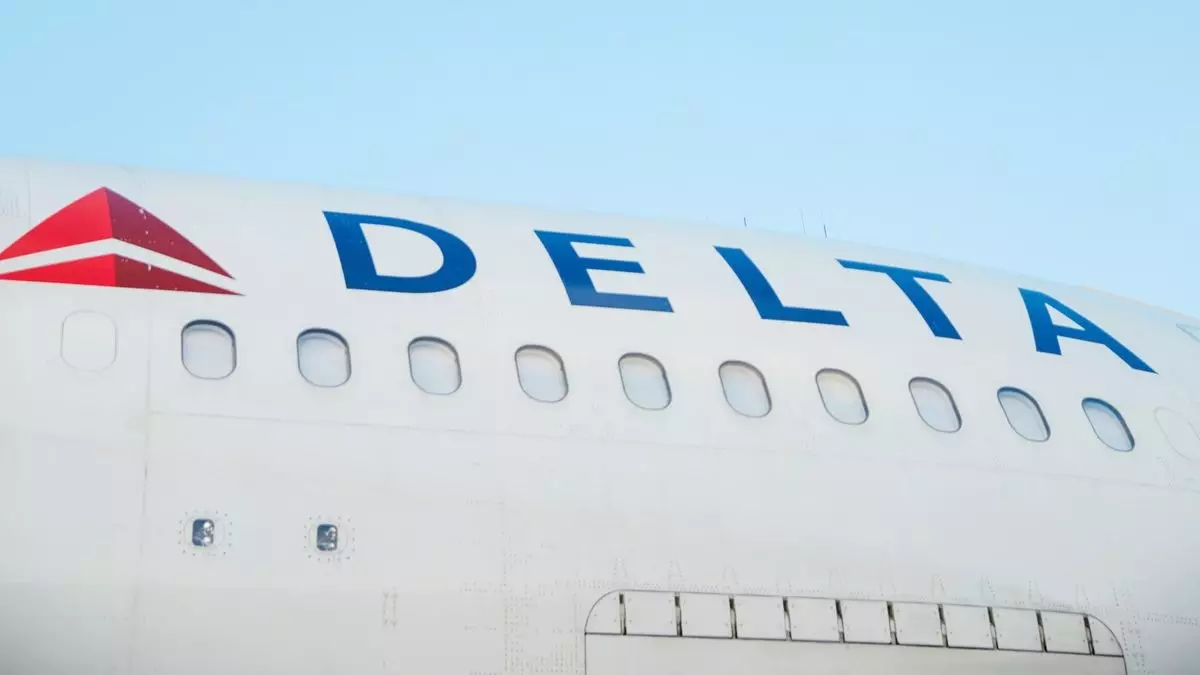The article discusses how a software update by cybersecurity provider CrowdStrike caused major disruptions to Microsoft Windows operating systems, leading to the grounding of U.S. airlines. The response to this outage varied significantly among American, Delta, and United Airlines. While American was able to recover quickly with minimal disruptions, Delta faced a prolonged recovery process that resulted in significant flight cancellations and financial losses.
Delta’s heavy reliance on Windows applications, particularly its mission-critical systems, was identified as a key factor in the airline’s poor response to the CrowdStrike outage. The airline reported that 60% of its critical applications were dependent on Windows, making it more vulnerable to system failures. Additionally, the loss of a key crew-tracking tool further exacerbated Delta’s recovery efforts, as it left the airline without visibility on the whereabouts of its flight crews.
The article highlights the challenges faced by airlines in modernizing their IT infrastructure, especially in transitioning away from legacy operational systems. The mix of decades-old mainframe systems and modern, cloud-based applications creates IT silos that impede decision-making and response efficiency during disruptions. This issue is further compounded by the reluctance of airlines to invest significantly in IT, leading to suboptimal industrywide reliability.
Experts in airline operations and IT noted that random factors such as staff experience and presence on duty could have influenced how each airline responded to the outage. Airlines with more experienced staff or the right expertise on shift may have managed the disruption better than others. This suggests that the human element plays a significant role in determining the effectiveness of an airline’s response to system failures.
While transitioning away from legacy systems is a complex and challenging process, experts emphasize the importance of long-term IT investments for airlines. The reluctance to fully embrace modern technologies and operational platforms hinders industrywide reliability and response efficiency during disruptions. However, making significant changes to IT infrastructure while operating thousands of daily flights poses significant risks and challenges for airlines.
The article sheds light on the varied responses among major U.S. airlines to the cybersecurity outage caused by CrowdStrike. While American was able to recover quickly with minimal disruptions, Delta faced significant challenges due to its heavy reliance on Windows applications and legacy operational systems. The human element, staff experience, and random factors also played a role in determining how each airline responded to the outage. Overall, the need for long-term IT investments and modernization is critical for improving industrywide reliability and response efficiency in the face of system failures.

